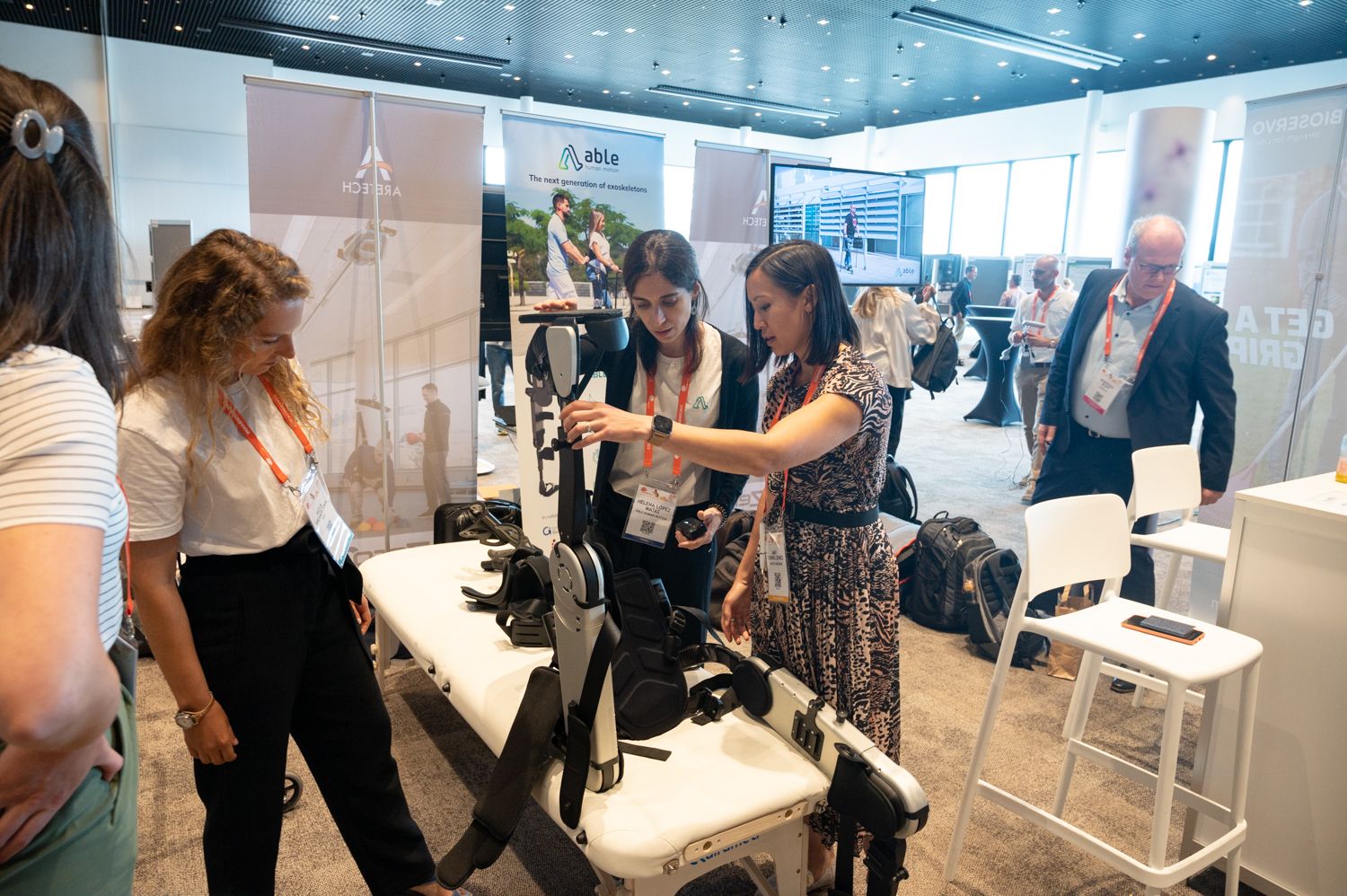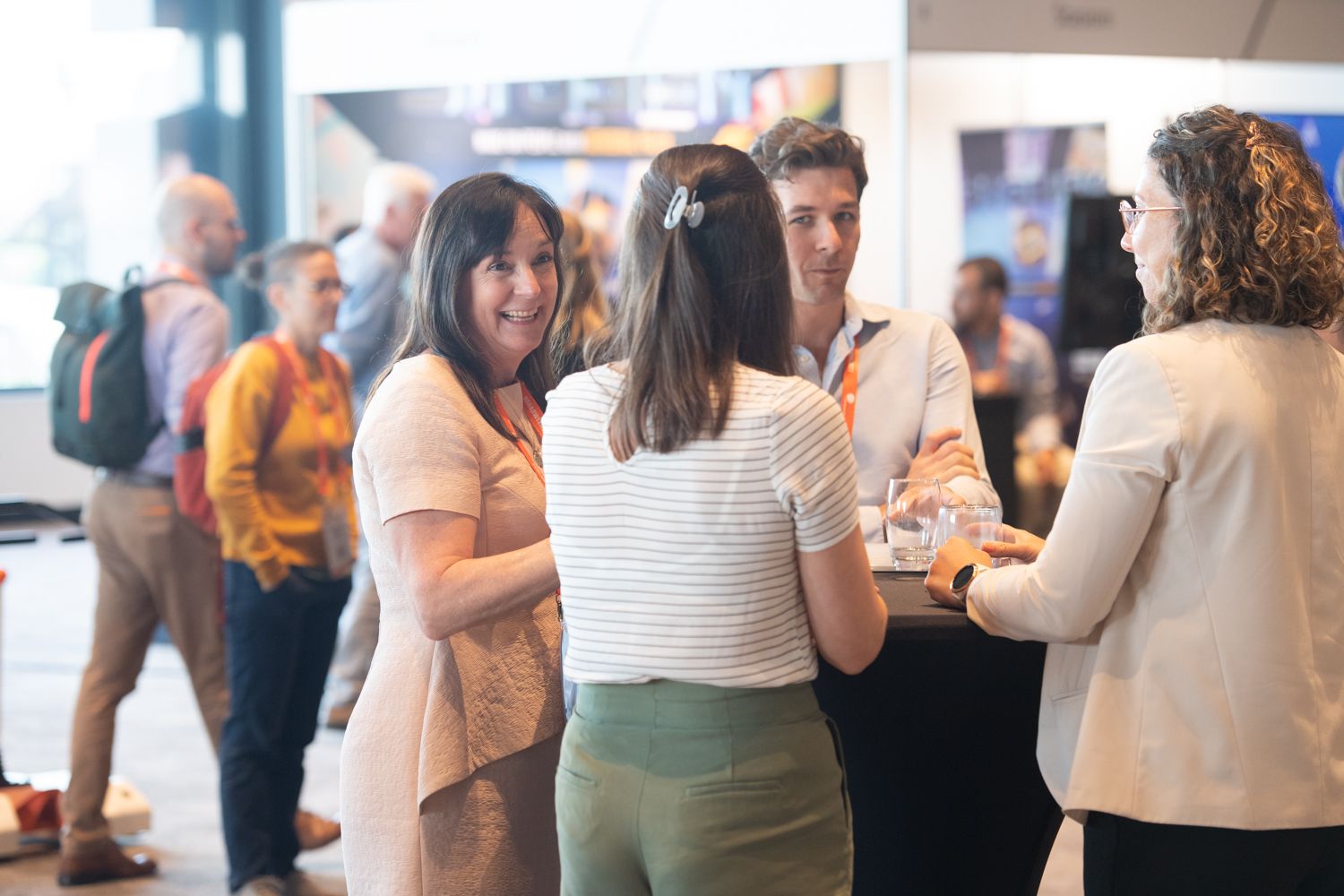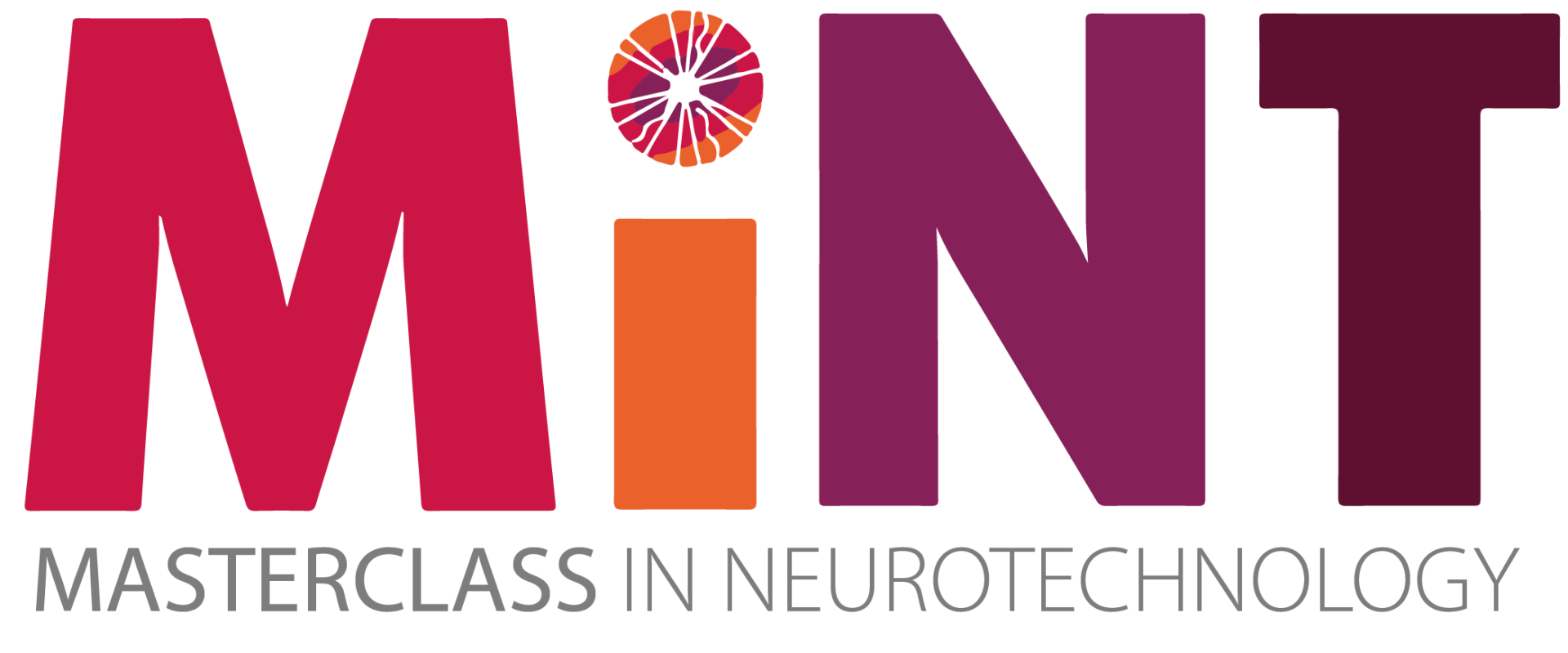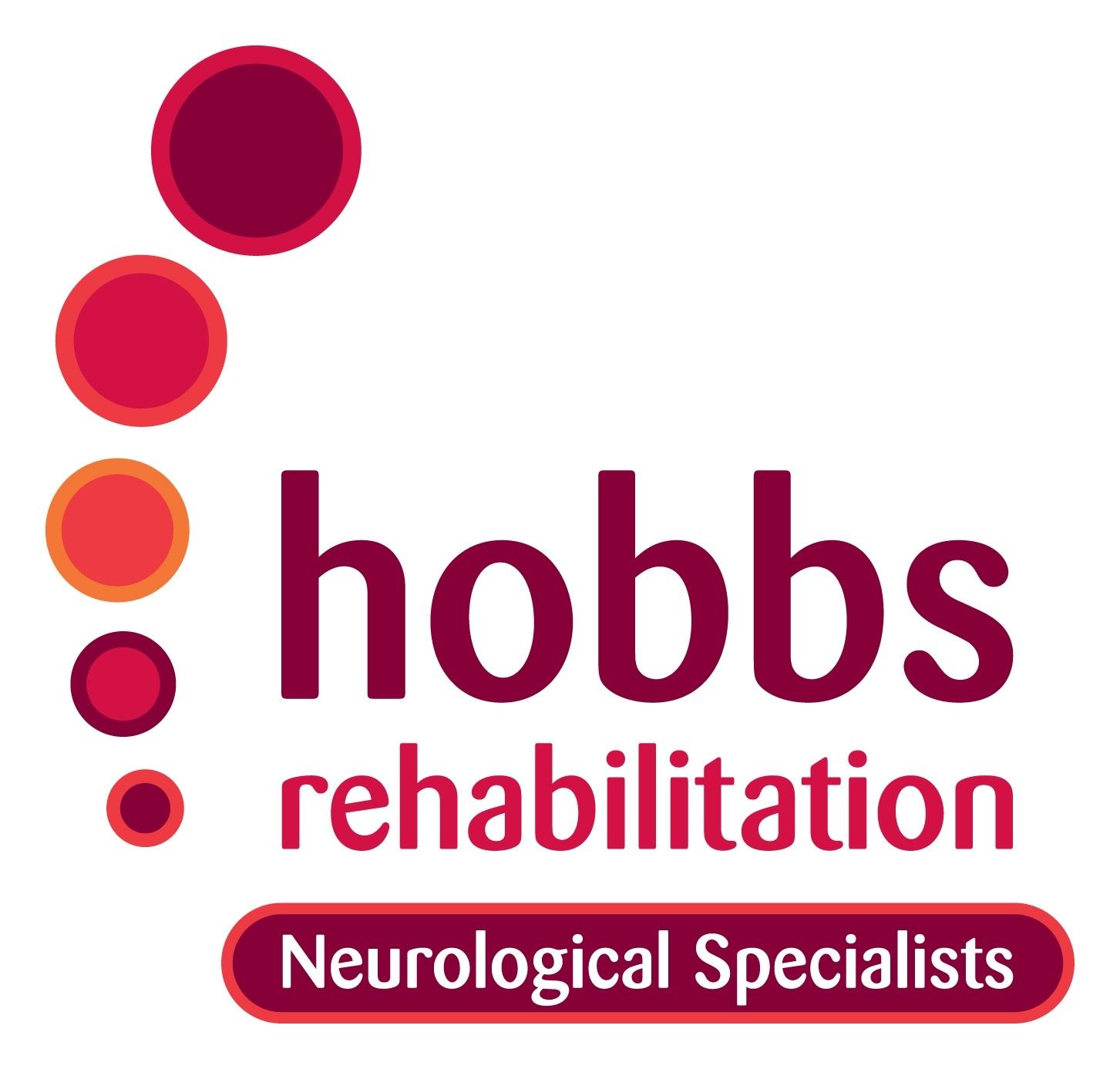The MiNT Academy @ #RehabWeek2023
Spanning from Sunday 24th September until Thursday 28th September, RehabWeek is the primary conference where different societies and all the experts in the field come together to present and exchange ideas, receive feedback and contribute to the advancement of Rehabilitation Technology.

RehabWeek 2023 | Singapore
MiNT is proud to be part of the RehabWeek community, which takes us to Singapore this year, alongside other societies showing the latest research, innovations and developments in the Rehabilitation Technology field.
MiNT | RehabWeek2023
The MiNT Academy are participating across multiple forums, including 5 joint workshops on Sunday 24 September where we will present with the likes of MotusAcademy, Cereneo, tech2people and Rosalie H Wang.
MiNT Society sessions (Monday 25th - Wednesday 27th September) will explore the different elements of how MiNT works including an update on our education programme, how we use the IDT approach to bridge the gap between clinicians, engineers and patients, clinical and research application of both VR and FES and an interactive session on clinical decision making, including a patient case study. These sessions will offer great value in both the content and the networking opportunities on a global scale.

SAVE $170 BY BECOMING A
MINT MEMBER
Sign up to The MiNT Academy to become a member, save $170 on your purchase of a RehabWeek2023 ticket.
Select The MiNT Academy Society during the registration process for your discount to be applied.
Select The MiNT Academy Society during the registration process for your discount to be applied.
WORKSHOPS
Neurorehabilitation | Assessments
SUNDAY 24th September - 08:15-09:45
ICF Based, App-Integrated Initial Patient Assessment
How can we Generate Activity Based, Patient Focused Therapy Goals with Structured Core Sets?
Education in the Field
SUNDAY 24th September - 08:15-09:45
Novel Educational Pathways in Rehabilitation
Clinical Application of Technology
SUNDAY 24th September - 10:30-12:00
Value-Based Neuro-Therapy - What is Needed for Useful Data Interpretation?
A live demonstration of data-driven robotic gait therapy, intra-session labelling and near-time data reporting.
DEVELOPMENT AND IMPLEMENTATION OF TECHNOLOGY
SUNDAY 24th September - 13:45-15:15
Re-Envisioning Clinical Research Evidence for Rehabilitation Technology to Support Integration to Practice
Clinical Application of Technology
SUNDAY 24th September - 16:00-17:30
Communication and Swallowing are Central to Life!
An interactive exploration of neurotechnology for speech and language therapy throughout a stroke patient's recovery - supporting interdisciplinary collaboration.
SESSIONS
hall 6
MONDAY 25th September - 11:45-13:15
S01 An Interactive Forum Combining Perspective on Neurotechnology Practice
hall 5
MONDAY 25th September - 17:00-18:30
New Frontiers in Interdisciplinary Clinical Application of VR Technologies
hall 6
TUESDAY 26th September - 11:45-13:15
S03 Review and Update of education Programmes
hall 6
TUESDAY 26TH SEPTEMBER - 17:00-18:30
S04 Interactive Session
A clinically focused patient case study presented using the ICF domains of impairment, activity and participation
hall 5
wednesday 27th September - 11:45-13:15
Clinical Decision-Making Across the Stages of Recovery
Who needs what, when and why?
hall 5
WEDNESDAY 27TH SEPTEMBER - 15:40-17:10
Functional Electrical Stimulation Application in Clinic Setting
Similarities and differences across nations.
hall 6
WEDNESDAY 27TH SEPTEMBER - 15:40-17:10
S06 Bridging the Gap Between Industry, Practitioners and Patients
Challenges and opportunities.
Enhance Your Skillset
Learn why dosage is so important for patient outcomes and how choosing the right device at the right time for the right patient is crucial to their effective rehabilitation.


